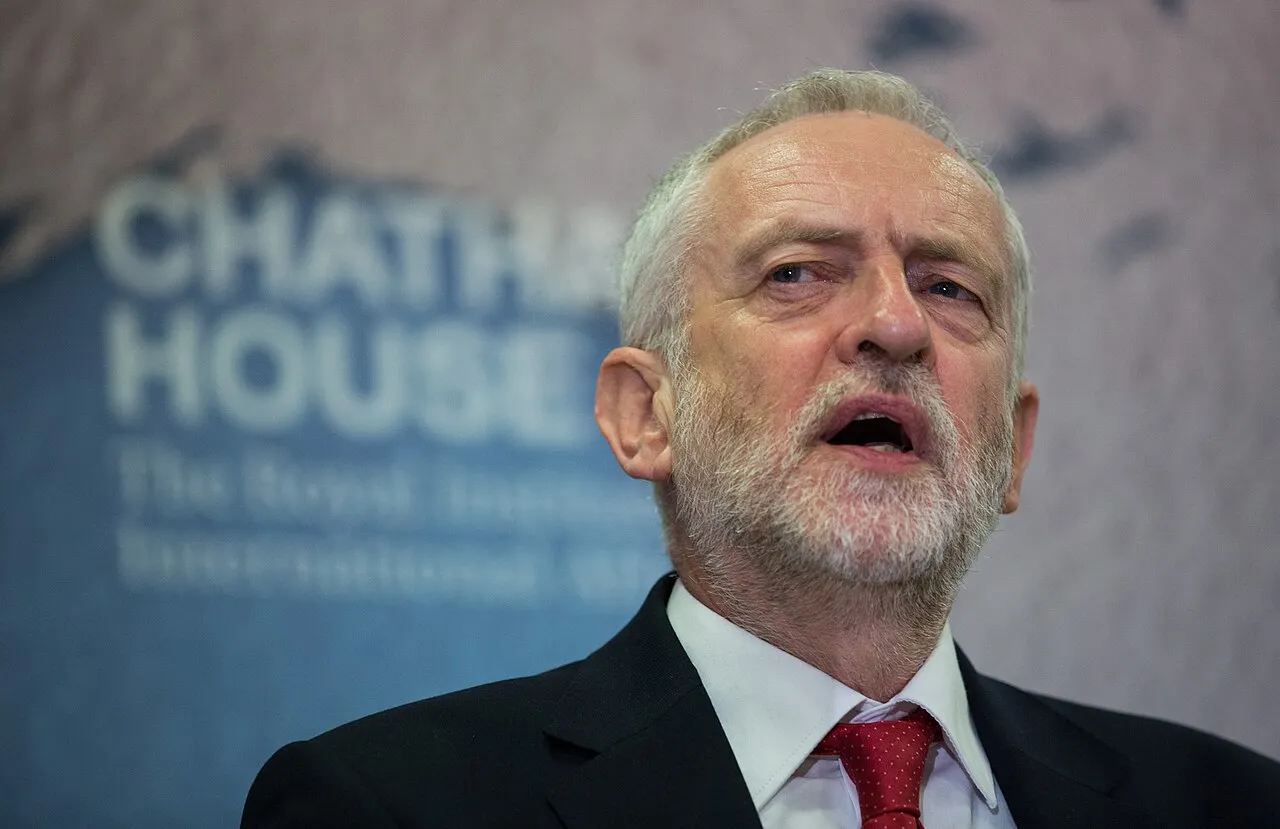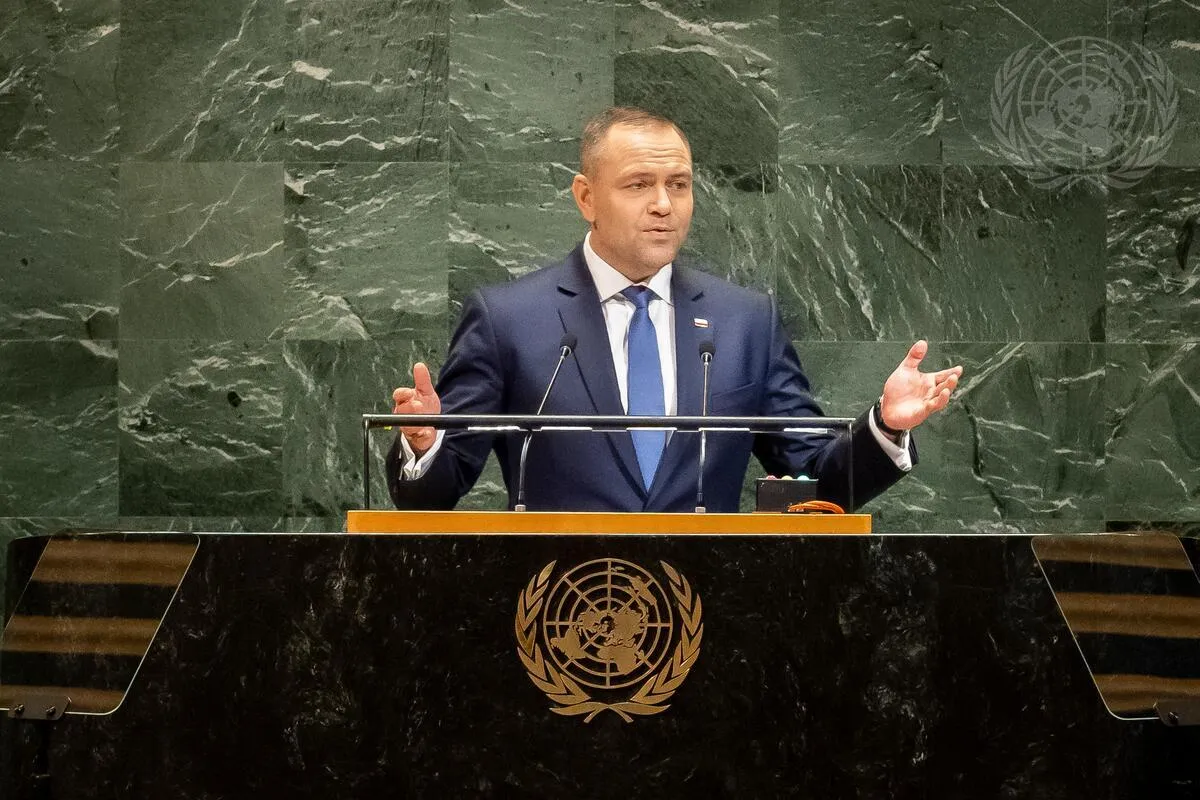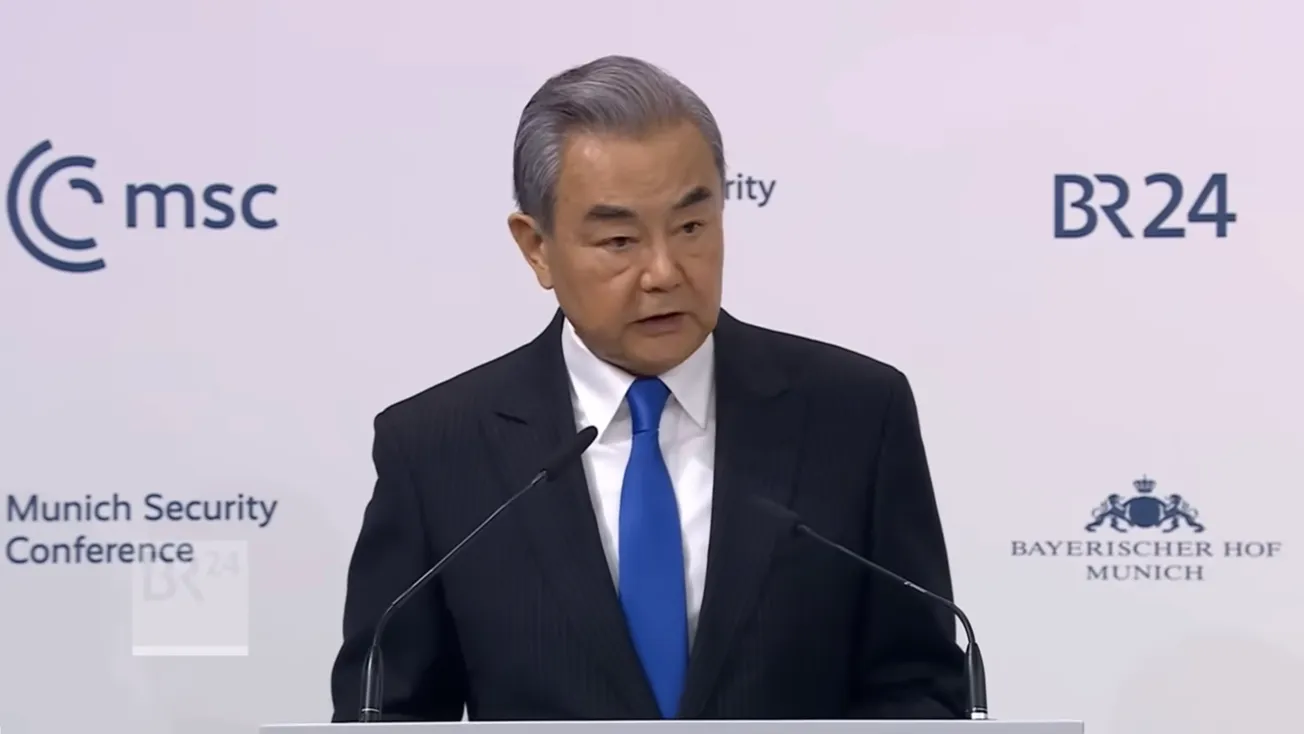Georgia’s Parliament passed on May 17 their Transparency of Foreign Influence Act, requiring NGOs, media outlets, and individuals receiving over 20% of their funding from overseas to register as entities “promoting the interests of a foreign power.” While it is modeled upon the U.S. 1938 Foreign Agents Registration Act, now the only penalty for a failure to register is a fine. After the vote, Georgian Dream Prime Minister Irakli Kobakhidze invited protesters to delegate representatives who would join a public discussion with him on the matter. Kobakhidze said that the bill is needed to ensure more transparency and does not violate EU standards.
Yesterday, Georgia’s President Salome Zourabichvili, as expected, vetoed the bill. However, her veto is thought to be no more than a protest, as the bill is expected to be easily overridden by the Parliament. She posted a video address stating that the bill is unconstitutional and goes against “all European standards” (having been thus threatened by the EU). Further, it serves as “an obstacle to our European path.” Here she echoed the earlier ultimatum given by the EU’s top (or bottom) diplomat Josep Borrell, who had told Georgia: “The adoption of this law negatively impacts Georgia’s progress on the EU path. The choice on the way forward is in Georgia’s hands.” Also, the White House had threatened Georgian officials with sanctions for “undermining the democracy,” and dubbing the Georgian legislation as being “Russian.”
The bill, aimed at stopping the hidden sponsorship of political operations within the country, has the EU now arguing against such transparency, so that they can financially sponsor operations to promote “democracy.” Assumedly, a substantial component of the demonstrations and rioting against the bill, along with at least two violent assaults within the Parliament, has come from those financially propped up by foreigners who prefer to keep their operations secretive. For some, that’s their idea of democracy.





